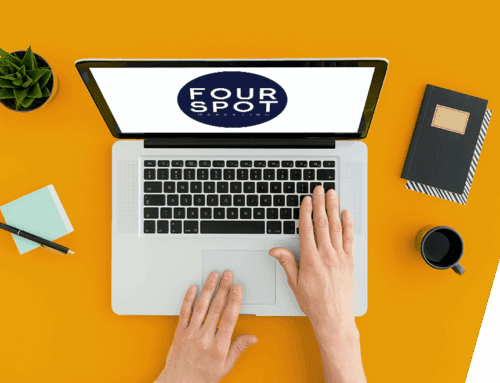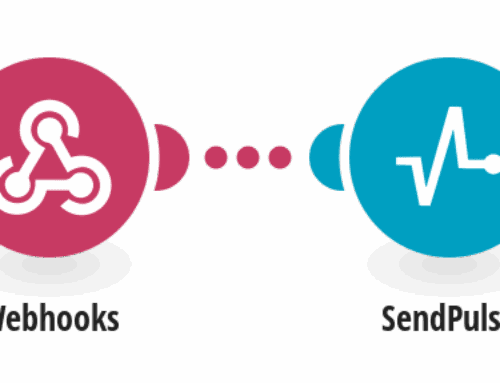Google is able to track and know what we’re watching on television, listening to on Spotify or on the radio at home, or even what you usually watch on Netflix or Hulu. And it’s even possible that it’s able to take that information and use it to personalize how your search results are displayed. You might not even hear or think that your devices are communicating with one another, but there is constant communication that happens right under our noses and let’s companies such as Google, be able to customize how they cater to each user without having to ask you multiple questions.
You might not have heard about Google’s Media Consumption History Patent, however, it’s interesting to consider that your phone might be picking up or listening to you and your surroundings throughout your day even while the screen is off. This time around we’re going to talk about a new Google patent: Query Response using Media Consumption history.
Google was also granted a patent to know and use what you watch on television, but this media consumption patent is different. Google has at least one patent that allows them to pick up audio from your TV and identify shows and movies being transmitted.
The granted patent that could influence search results is able to look into your past purchases to determine the best results for you. And it provides an example: if you search for “foreign films” and have previously shown an interest or have made past purchases of content presented in Russian, you might be shown results for Russian films.
However, it’s important to consider the following before getting a bit anxious over what Google may know about you and what you do. A company files for a patent when they investigate a process that they might want to use in order to protect it from other companies. This means that even if Google has patents on a specific process, that doesn’t mean they are also putting it to use. It does show, though, that they researched a concept, spent their time and effort into making it work and finally managed to do so.
You might be able to find some concepts that appear over multiple patents, like in the ones mentioned in the full article, focusing on your media consumption history. It’s indeed possible that Google might be listening to you as you go through your regular day, while radios and TVs around you emit ultra-high frequency messages (also known as audio watermarks or audio beacons) that can let Google know that you have listened to or watched certain commercials, songs or presentations. It might even have access to media services you are subscribed to.
If you’ve used Google Now, you might have noticed how you can tell it about your interests and it will show you news about these topics. And sometimes, you’ve only mentioned a topic out loud and it suddenly comes up in your Google Now recommended articles or stories. If you’re interested in a complete breakdown of Google’s patents and how they would be able to use this information, read the full article here.










